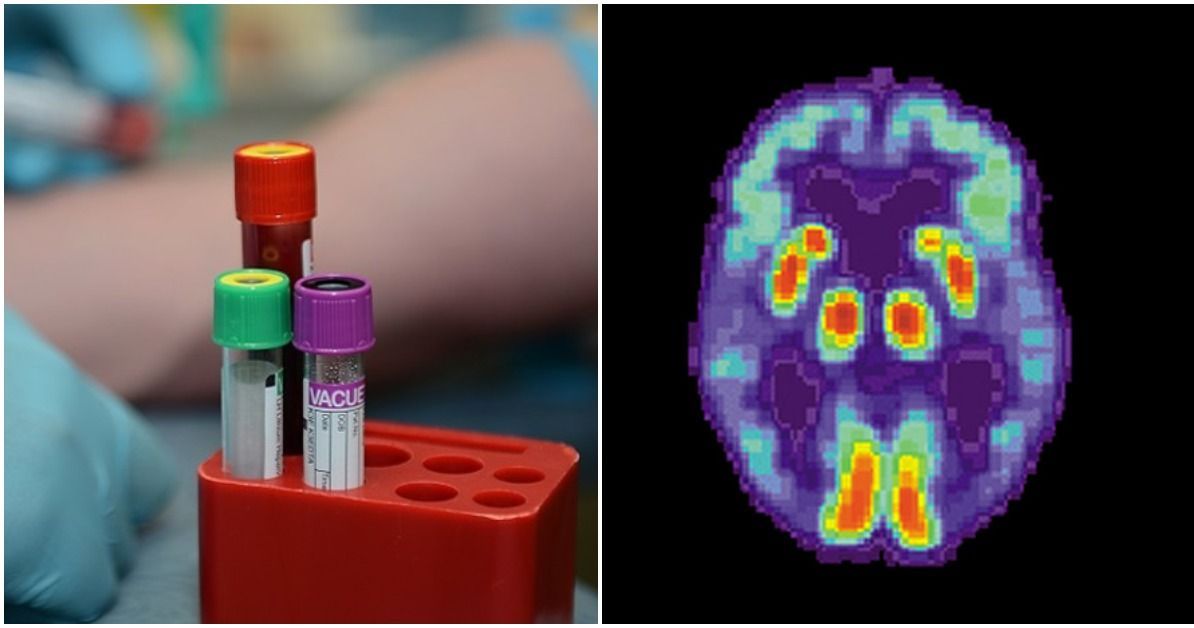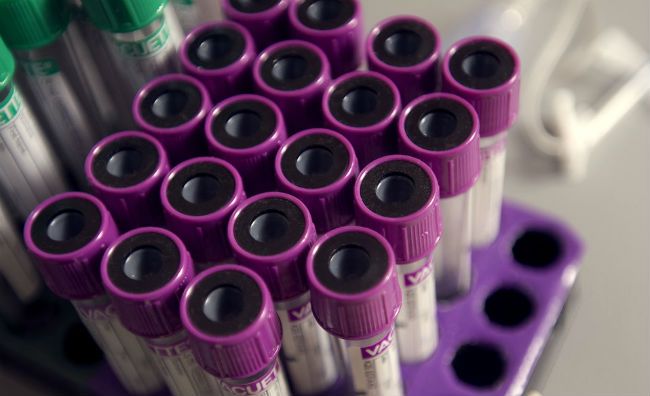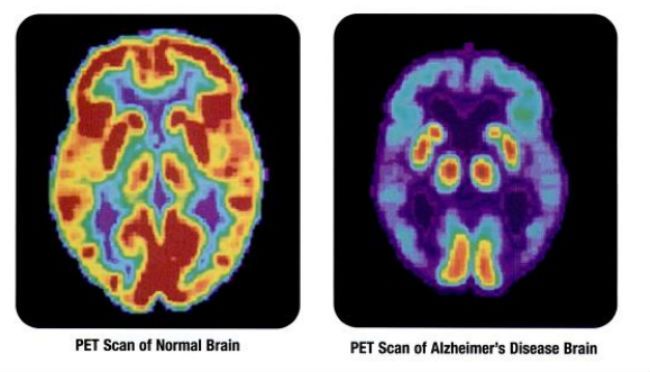An incredible discovery by medical researchers could change the treatment of Alzheimer's disease as we know it, now that a simple blood test could identify the condition over a decade before it sets in.
The Mayo Clinic describes Alzheimer's disease as a progressive disorder that attacks the brain, causing a "continuous decline in thinking, behavioral and social skills."
The National Institutes of Health report that over 5.5 million Americans live with Alzheimer's disease.
New research published in Nature Medicine describes the test, which identifies a protein in blood linked to the early stages of Alzheimer's disease - neurofilament light chain (NfL).
The study of 405 people identified 243 with a gene mutation that predisposes them to developing Alzheimer's, and 162 of their family members who do not have it. Blood tests of people with the mutation found higher levels of NfL.
Further tests found that the level of NfL begins to change up to 16 years before Alzheimer's symptoms develop. Researchers say this "meaningful" link allows them to predict the disease's progression.
Although there is still no cure for Alzheimer's disease, the possibility of treating the condition more than a decade before it develops opens a world of new possibilities.
"The fact that there is still no effective treatment for Alzheimer's is partly because current therapies start much too late," said professor Mathias Jucker of the German Center for Neurodegenerative diseases in a statement.
The fact that other conditions - like brain damage or multiple sclerosis - will also raise NfL levels complicates the test. And just 1% of Alzheimer's patients have a genetic mutation linked to the disease, according to the Alzheimer's Society, while the mutation was at the center of this new research.
But researchers are hopeful that regular blood tests could catch Alzheimer's before it strikes, and allow doctors to prepare patients with brain-strengthening therapies.
Testing how NfL levels change could also become a useful way to develop new Alzheimer's treatments.
[H/T: USA Today, The Guardian, CNN]




